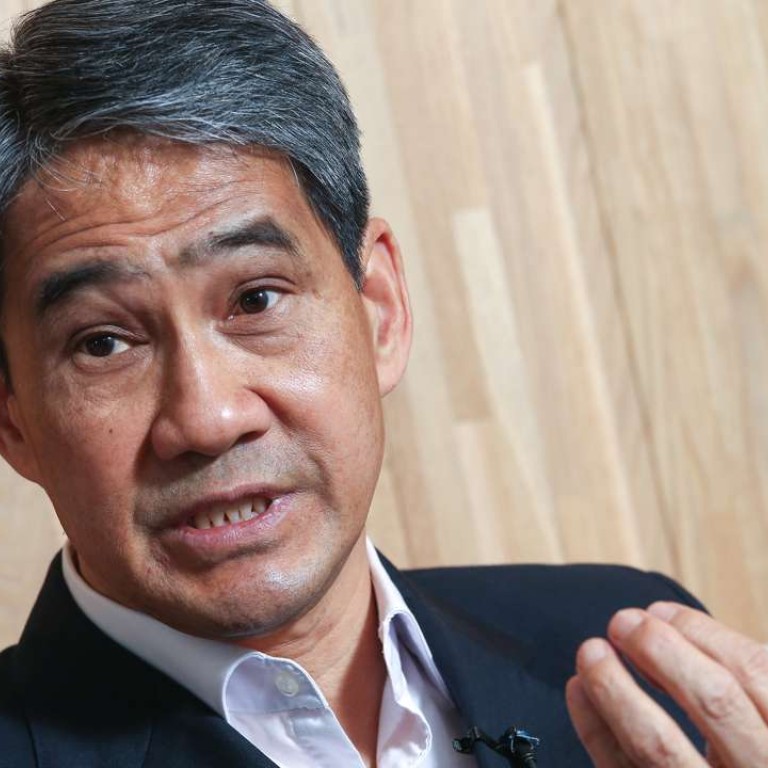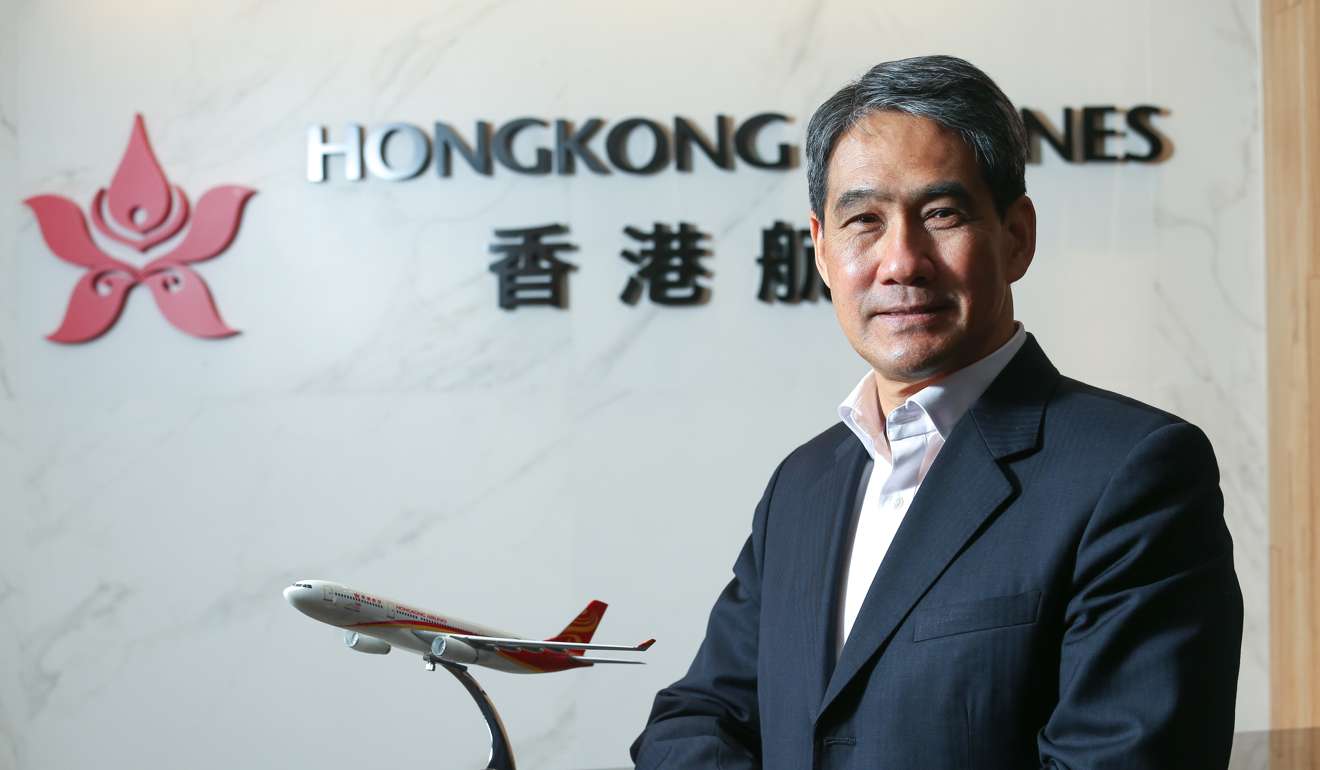
Insulting foreign judges won’t mend rift between officers and public, ex-police chief says
Former commissioner Tang King-shing’s remarks come amid soaring tensions over seven cops jailed for assaulting Occupy activist Ken Tsang
The actions of some pro-police groups, who recently hurled abuse at a judge for jailing seven officers, were “counterproductive” towards mendingrelations between the city’s law enforcers and citizens, a former police chief told the Post.
The ruling immediately escalated the tension between the police force and ordinary Hongkongers, widening a rift that had yet to be bridged since the civil disobedience movement took off more than two years ago.
Watch: More than 30,000 gather in support of officers jailed for beating up Occupy protester
“I think [these acts] are counterproductive. I want to remind everyone to look at the bigger picture and consider the interests of the whole society.”
Any “immature or irrational” acts would be unfair to the prosecutors as well as the seven officers, who had appealed against the ruling, Tang said.
Pro-police groups, which have a strong Beijing-friendly background, have mushroomed in recent years in the wake of the Occupy protests to counter the voices of pan-democratic activists.

Tang said their emergence was inevitable in today’s heavily divided and politicised society.
“When one camp does something, the other group might want to do something too to counter them,” he said. “But the endless escalation [of conflicts] is unhealthy and will affect Hong Kong’s stability and lead to a negative impact on young people.”
Such a law, which he argued should cover not only police but all law enforcers, would also require a wide consensus among Hongkongers, the administration and the Legislative Council.
If the judges should not be subject to any form of insult, why do we think our police officers, our law enforcers, should deserve to be insulted?
The former commissioner had been dubbed “Sorry Sir” during his tenure due to his penchant for ready apologies over police scandals. But he said it was not appropriate to demand that incumbent police chief Lo Wai-chung apologise over the Ken Tsang case because it could affect the ongoing legal proceedings.
Tang remained confident about the police-citizen relationship and argued that the case was just an isolated incident.
Justice Alliance Party chairman Tsoi Hak-kin said his group did not mean to widen the social rift.
“We did not stir up trouble. It was the Occupy Central elements, the rioters, and the anti-police elements who caused trouble. They politicise everything, and we just stand up to say no to them,” he said.
“The court should be independent, and the judges should not be subject to personal attacks or verbal abuse. We agree with that. But if the judges should not be subject to any form of insult, why do we think our police officers, our law enforcers, should deserve to be insulted?
“The general impression of the public is that the sentencing is too heavy for the seven cops. And this is the cause of the social rift, not our rallies, which serve only as a channel for the public to voice their views.”
Hong Kong Airlines, which has already launched direct flights to New Zealand and will launch another to Vancouver in June, has planned to increase the size of its fleet from 34 to 50 aircraft in two years and expand its routes to Europe, Tang said, though he refused to reveal concrete details or a time frame.


